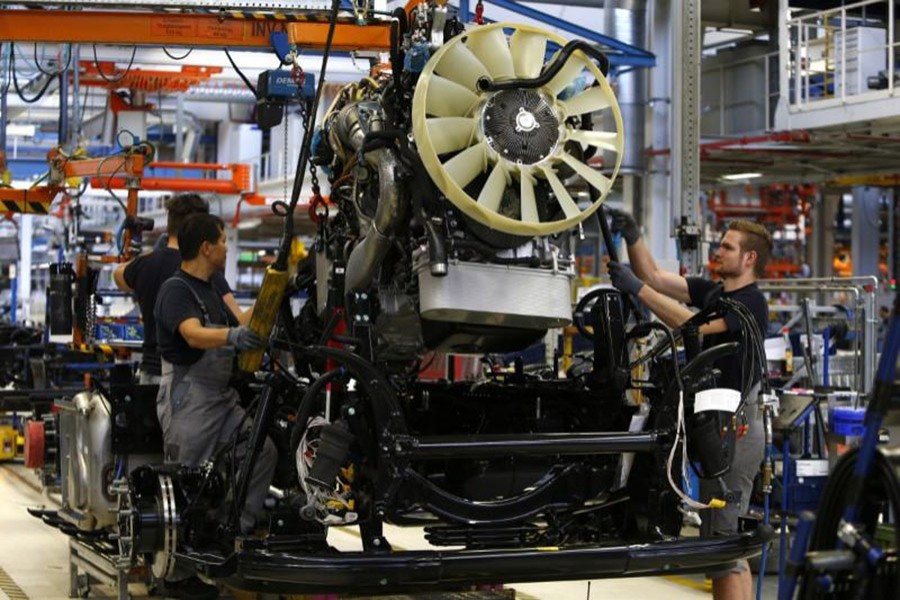A recent study by the University of West England Bristol has found that a 20-minute increase in commute time affects job satisfaction in a way that would make a 19 per cent pay cut.
The study shows that every extra minute spent travelling to and from work reduces job satisfaction and leisure time, increases work strain and worsens mental health.
Dr Kiron Chatterjee, an associate professor in travel behavior at UWE Bristol, has led this research.
He said that the findings indicate that longer journeys to work have adverse subjective wellbeing effects, mainly through loss of free time."
World Bank data from the last 10 years show that the average traffic speed in Dhaka City has dropped from 21 km/hour to 7 km/hour.
Another study by Copenhagen Consensus Center shows that this speed may fall to 4.7 km/hour by 2035.
This is essentially the speed of walking. The situation is bound to occur if the volume of vehicles continues to grow at the current pace in the absence of public transport support.
This traffic congestion has severe effects on the productivity of many sectors and the economy as a whole.
It leads to a loss of up to 3.2 million working hours per day. In 2015, the Bangladesh Investment Development Authority estimated the city as a whole loses up to USD 12.56 billion each year.
It is evident that the situation is only going to get a lot worse until it gets better as the population of the city is estimated to grow to 27 million by Lebowitz2030.


